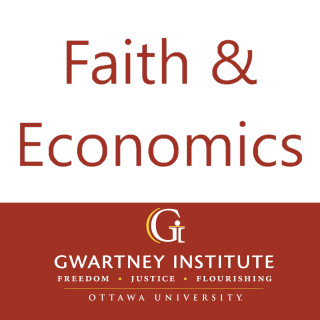

In this episode, the Gwartney team discusses AI's recent developments and the conveniences it may provide. Yet, as artificial intelligence is making strides in advancement, what does this mean for the future of education? While the team thinks AI is not at a level of eliminating essays from the curriculum, we do believe there will be potential for a transition back to hands-on learning. Some say artificial intelligence will eventually become sentient, and if that's the case will artificial intelligence create innovation within society and create abundance throughout the world?
Timeline:
Academia vs. AI: FIGHT! / 2:30
Better Education Trumps AI? / 10:00
Life of Abundance / 18:00
Will AI make conscious decisions? / 27:30
Does AI Effect Innovation? / 33:30
Utopian Dreams / 42:00
Mind or Matter? - Philosophy of Mind Pt. 1 | #181
Materialism Battles Dualism - Philosophy of Mind Pt. 2| #182
Mind and Body Functionalism - Philosophy of Mind Pt. 3 | Episode #183
Property Dualism - Philosophy of Mind Pt. 4 | #184